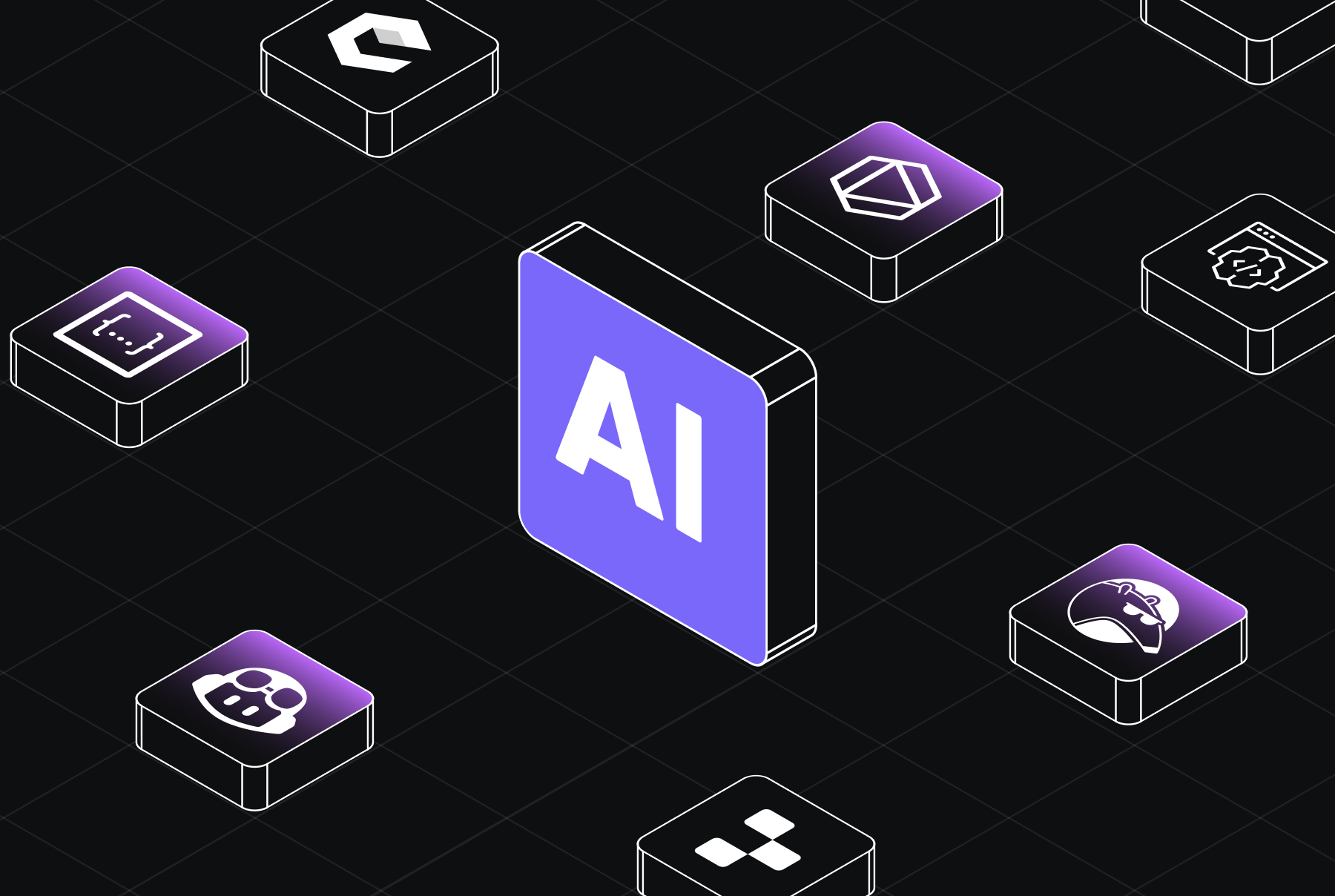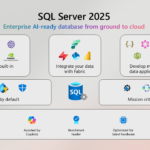Introduction
Modern software development hinges on speed, accuracy, and performance. Businesses, including major IT service providers like Atlasiko Inc., are under constant pressure to deliver robust digital solutions quickly. To meet these demands, developers increasingly rely on artificial intelligence (AI) coding assistants—tools designed to streamline workflows, reduce repetitive tasks, and enhance code quality.
In this article, we’ll explore how AI is transforming the programming landscape, examine how these tools work, and explain why they’ve become indispensable to developers. We’ll also break down some of the most efficient AI-powered coding assistants, analyzing their core features and integrations to help you find the best fit for your development needs.
What is an AI-Powered Coding Assistant?
An AI coding assistant is a tool that leverages machine learning to support software development. It automates code generation, identifies bugs, suggests corrections, and helps refactor and optimize code. These tools typically draw from open-source libraries and training datasets to learn programming patterns, allowing them to offer intelligent suggestions as developers write code.
Many AI assistants also incorporate natural language processing (NLP), enabling them to understand plain-language prompts and translate them into functional code. Developers can simply describe what they want to build, and the AI will suggest appropriate code blocks based on its trained models.
Key capabilities include:
- Autocompleting lines or entire functions
- Suggesting code snippets or reusable components
- Spotting bugs and performance issues
- Assisting with refactoring and optimization
- Translating human language into code via NLP
Why Developers Use AI Coding Tools
AI code assistants offer several advantages that improve both development speed and software quality. Here’s why they’re increasingly essential:
1. Automation
AI tools eliminate repetitive coding tasks. They can auto-generate boilerplate code, perform static analysis, and fix common bugs—freeing up developers to focus on core functionality.
2. Acceleration
By streamlining routine operations, AI tools significantly speed up development. Developers can generate and validate code faster, accelerating time to market.
3. Optimization
AI can identify suboptimal patterns and suggest improvements, helping programmers write cleaner, more efficient code.
4. Quality Assurance
From auto-debugging to code review suggestions, AI enhances the reliability of code by catching errors that might be overlooked by human reviewers.
Best AI Tools for Developers
| Tool | Supported Languages | Pricing | OS | IDE Integrations |
|---|---|---|---|---|
| Codiga | C, C++, Java, JavaScript, Python, TypeScript, PHP, etc. | Free basic; $14/month/team | Web-based | VS Code, JetBrains IDEs, Visual Studio |
| K.Explorer | Java | Free (open source) | Windows, Mac, Linux | Eclipse IDE |
| GitHub Copilot | C, Python, Go, JavaScript, TypeScript, etc. | $10/month (individual); $19/user/month (business) | Windows, Mac, Linux | VS Code, JetBrains IDEs, Visual Studio, Neovim |
| Replit Ghostwriter | Python, JavaScript, C, Rust, HTML, SQL, etc. | $10/month | Web-based | Replit IDE |
| Tabnine | C++, Java, Python, Ruby, TypeScript, etc. | Free basic; $12/month/user (Pro) | Windows, Mac, Linux | VS Code, JetBrains IDEs, SublimeText, Atom, etc. |
Codiga

Codiga offers automated code reviews and real-time coding assistance. Developers can use it to create and manage reusable code snippets, enforce coding standards, and improve code quality. The platform also supports static analysis and security checks, making it ideal for team environments.
Key Features:
- Static code analysis with custom rules
- Automated security assessments
- Instant feedback during code reviews
- Snippet creation and sharing
- Seamless integration with major IDEs
K.Explorer

A Java-focused open-source coding assistant, K.Explorer is trained on open-source and proprietary codebases. It supports NLP, allowing developers to describe what they want to build in natural language and receive suggestions accordingly.
Key Features:
- Intelligent code completion
- Natural language support
- Custom AI models for enterprise use
GitHub Copilot

Developed using OpenAI’s Codex model, GitHub Copilot acts as an AI pair programmer. It delivers suggestions for code lines, entire functions, or boilerplate blocks within your IDE. Copilot supports dozens of languages and frameworks, learning from billions of lines of public code.
Key Features:
- Context-aware code suggestions
- Natural language to code translation
- Smart auto-completion with style adaptation
- Automated code reviews and test writing
Replit Ghostwriter

Replit Ghostwriter is a web-based AI assistant that excels in helping users write, debug, and learn code. It supports dozens of languages and offers real-time assistance by transforming written descriptions into working code.
Key Features:
- Full function generation
- Real-time NLP-based code suggestions
- Code refactoring and learning guidance
- Explanations for unfamiliar APIs or syntax
Tabnine

Tabnine offers AI-powered code completion across multiple IDEs and programming languages. Its ML models are trained on vast code repositories to provide relevant suggestions and reduce coding errors.
Key Features:
- Full-line and whole-function autocompletion
- Natural language prompt handling
- Private model training for enterprise users
- Broad IDE compatibility
Final Thoughts
AI coding assistants are redefining the way software is developed. Whether you’re a solo developer looking to boost productivity or a team aiming to enhance code quality at scale, these tools can offer significant value. From automatic bug detection to intelligent code generation, AI-powered assistants empower developers to write better, faster, and more efficient code.
Choose the one that fits your workflow best, and elevate your development process with the smart support of artificial intelligence.





